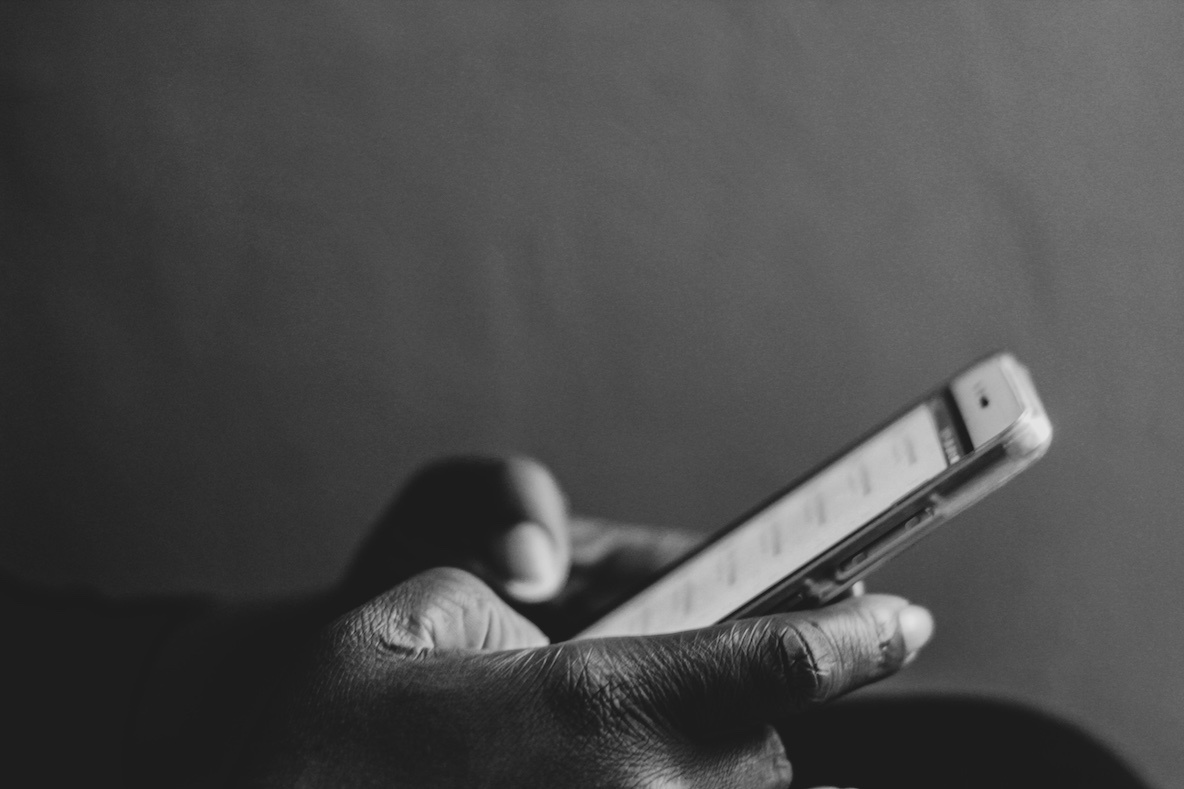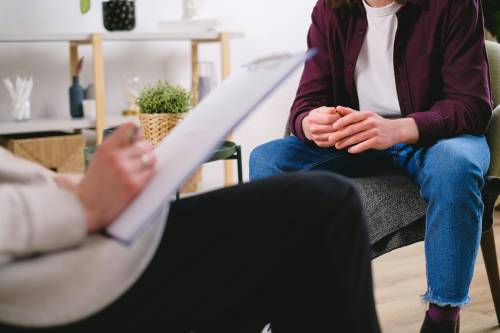Covert Recordings in Children Proceedings – What Parents Need to Know
Covert (secret) recordings are audio or video recordings made without the knowledge or consent of the people being recorded. With modern devices, it has become easy for parents to record conversations or interactions, often hoping to use them as evidence in support of or in defence of their case in the family court.
The guidance relating to the use of covert recordings in the family court is contained in a report of the Family Justice Council (FJC) released in May 2025.

Anyone with a smartphone or a tablet can now make recordings that would once have required specialist equipment. These recordings are often taken in cases involving domestic abuse or disputes about child arrangements, where one parent wishes to demonstrate to their legal advisers or the court what they perceive as the inappropriate behaviour of the other parent. Parents may feel that making a covert recording is the only way to “prove” their experiences.
Additionally, parents may wish to record social workers, CAFCASS officers or other third party professionals, either as evidence or because they do not wish to rely upon their own notes. CAFCASS advise its practitioners that they should always be transparent in their work and a parent may record their own interview,
While covert recordings are not inherently unlawful, the courts generally treat covert recordings with caution since they can often raise serious legal, ethical, and evidential concerns. A recording might not illustrate the full context of a situation, what happened before or after it, or it may be that the contents of the conversation have been provoked or manipulated if one party or a child does not know they are being recorded.
Concerns that may be raised by the court
- Recording someone repeatedly without their consent can itself be considered harassment or coercive control. The FJC guidance cautions that while some parents see covert recording as evidence gathering, in some circumstances it may in fact be interpreted by the court as controlling or abusive behaviour.
- Covertly recording children is generally strongly discouraged by the court. The FJC guidance makes clear that it is “almost always likely to be wrong” to place a recording device on a child to gather evidence. Courts view such recordings as a breach of trust and invasion of privacy, which can have serious emotional consequences. In one case, Re C (A Child) [2015], the court found that a father’s frequent recording and photographing of his child was emotionally abusive, showing his inability to prioritise the child’s emotional wellbeing.
The court has also highlighted that the act of recording may say more about a parent’s ability to meet a child’s emotional needs than the content of the recordings themselves. The emotional harm and breach of trust caused to a child can outweigh any potential evidential value. - Covert recordings may engage privacy and data protection laws, including the Data Protection Act 2018 and Article 8 of the Human Rights Act 1998.
When a covert recording will be allowed
Whether a recording is allowed as evidence is a case management decision made by the court. It is important that if a recording is to be introduced as evidence this is done as soon as possible. Any late introduction or persistent recordings throughout the proceedings may be criticised by the court.
The court will consider:
- The relevance and necessity of the recording;
- How and why it was made;
- Whether it has been edited or manipulated;
- Its impact on the child’s welfare; and
- The costs involved, such as transcription or expert analysis.
In considering the latter point, the court must be mindful that any satellite litigation required to manage the admissibility and weight attached to any covert recordings may have great costs consequences for the parties. In some cases, the court may also penalise one party by way of costs sanctions if covert recordings are obtained without any probative value.
Those parents considering the use of covert recordings within any proceedings relating to their children are encouraged to consider Appendix 4 of the FJC Guidance.
Summary
Covert recordings often highlight a lack of trust between parents. While litigation may be necessary in cases involving abuse, in most situations it is in the child’s best interests for parents to rebuild trust and focus on cooperation after proceedings.
Ultimately, the court will view covert recordings not only for what they reveal, but also for what they imply about a parent’s behaviour, judgement, and ability to meet a child’s emotional needs. The act of recording itself may, in some cases, cause more harm than good.
How Laurus can help
At Laurus, our Family Law team specialises in children matters and understands how sensitive and emotionally charged these situations can be. We support parents facing difficult decisions about how best to protect their children’s wellbeing, offering clear, compassionate guidance at every stage.
If you are unsure about whether to make or use a recording, or if such evidence has been raised in your case, we can help you understand the legal position, the potential implications and the best steps to take. Our team will approach your situation with empathy, professionalism and complete confidentiality.
To speak with someone in confidence, contact our Family Law team on 020 3146 6300 and ask for Camilla Hooper, or email camilla.hooper@lauruslaw.co.uk












